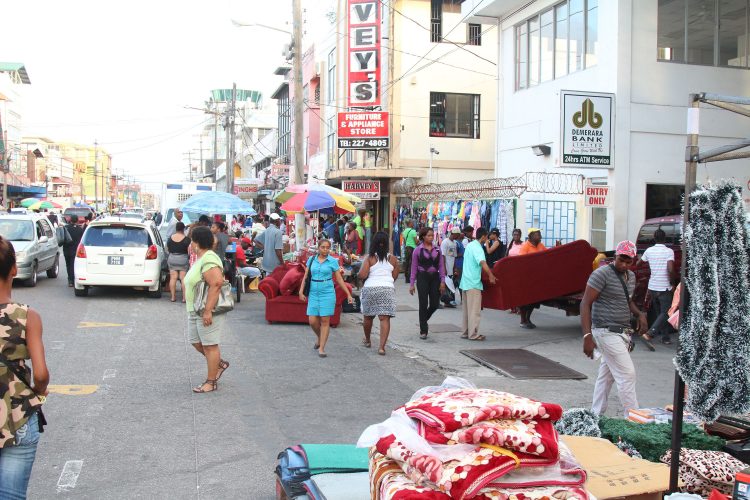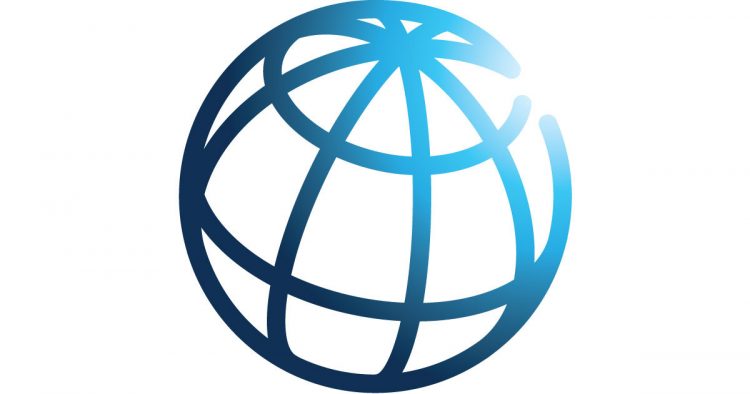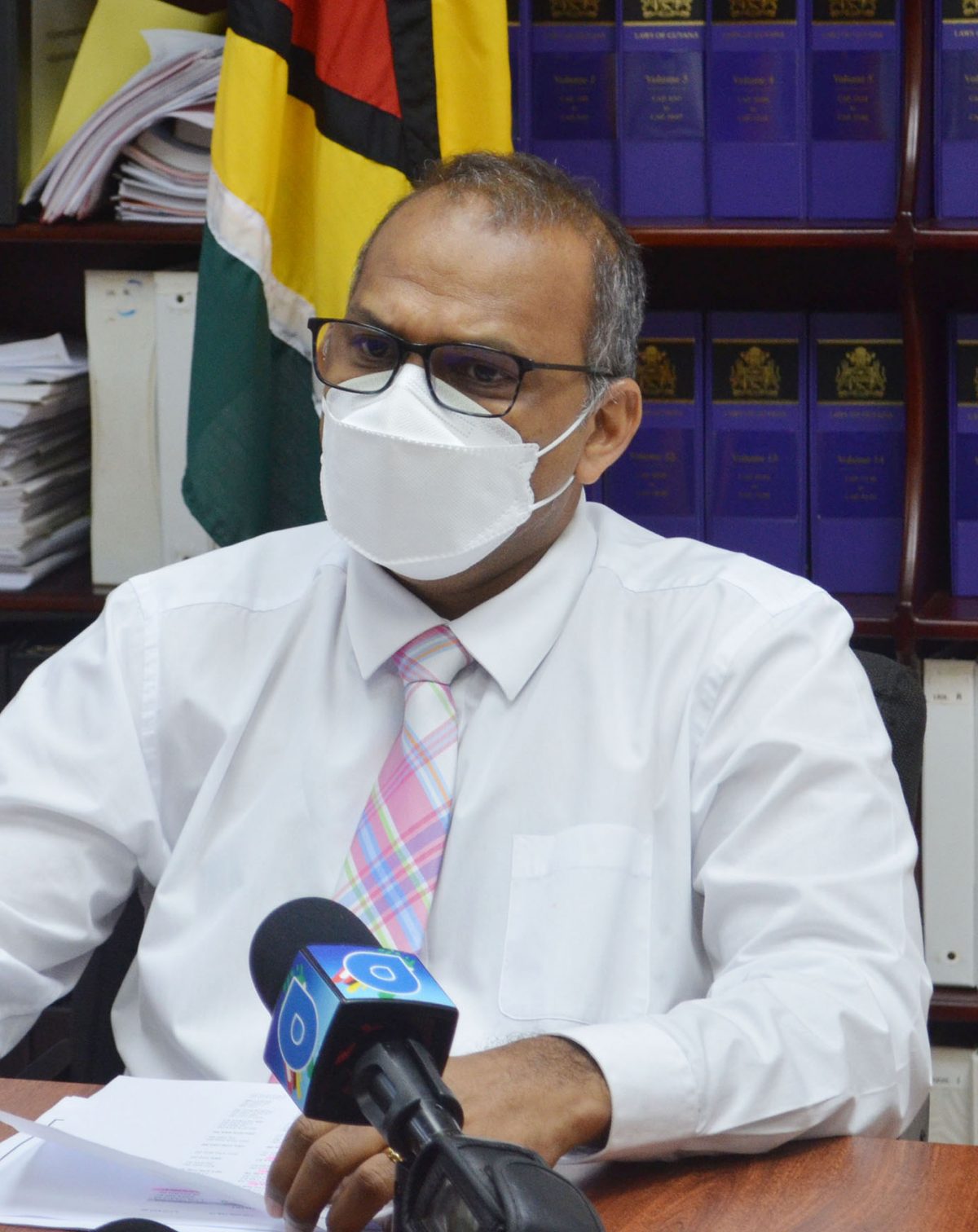Whatever the extent of the economic recovery experienced by the Caribbean and Latin America (LAC) following the earliest economic devastation wreaked by the COVID-19 pandemic, the durability of that recovery is likely to be short-lived except if countries in the hemisphere can, through the implementation of strict, enlightened and sustainable policies, secure a measure of control over the pandemic, the World Bank is warning in one of its more recent prognoses for the performance of economies in the region in the period ahead.
“The durability of economic recovery in LAC, as elsewhere, depends on the control of the pandemic. COVID-19 outbreaks, including those triggered by new variants of the virus, remains a downside risk even in countries with high vaccination rates.”

The Bank’s warning is a poignant urging to governments in the region to move with greater alacrity to bring under control some of the weaknesses and anomalies in the precautionary and protective mechanisms that have resulted in failure at the level of governments to bring popular pushback against protocols and strictures under effective control and their neglect in implementing protocols which might, in themselves, help to rein in the spread of the pandemic.
Even as the earliest waves of the pandemic, and more recently the omicron variant, have swept across the region, governments in the Caribbean have been combating pushbacks against precautions like mask-wearing and have been resistant to social distancing protocols that have caused curfews to be implemented. By the same token, governments in the region, including here in Guyana, have themselves come under criticism for what critics say has been the indulgent posture by influential minorities who are dismissive of the strictures.
 The Bank is warning that a sudden deterioration of investor sentiment, especially in an environment of elevated inflation and high government debt, possibly triggered by displeasure over indifference to COVID-19 protocols, could trigger “debt servicing challenges and bouts of capital outflows.” Economic disruptions related to extreme weather, partly related to climate change, and other natural disasters pose a significant risk not only for the regional growth outlook, but also for the lives and livelihoods of people living in the region,” the World Bank cautioned.
The Bank is warning that a sudden deterioration of investor sentiment, especially in an environment of elevated inflation and high government debt, possibly triggered by displeasure over indifference to COVID-19 protocols, could trigger “debt servicing challenges and bouts of capital outflows.” Economic disruptions related to extreme weather, partly related to climate change, and other natural disasters pose a significant risk not only for the regional growth outlook, but also for the lives and livelihoods of people living in the region,” the World Bank cautioned.
The Bank’s perspective is a warning for countries like Guyana which, the global attention which it is attracting, notwithstanding, faces problems relating to both popular resistance to COVID-19 protocols as well as seeming weaknesses in the management of the requisite mechanisms that are believed to be useful in helping to limit the spread of the virus.
In recent weeks, the daily numbers of what are believed to be new COVID-19 victims have risen significantly, though even this does not appear to have quelled popular social appetites particularly for nocturnal entertainment and the attendant setting aside of the COVID-19 strictures.
The World Bank meanwhile, has stated in its most recent Global Economic Prospects report that inflation has risen across the region exceeding central banks’ targets in most cases.
Prospects for growth in regional economies, going forward, the Bank says, “… is subject to several downside risks” which include, “spikes in COVID-19 cases, financing and debt-related stress, and disruptions from extreme weather events and natural disasters.”






